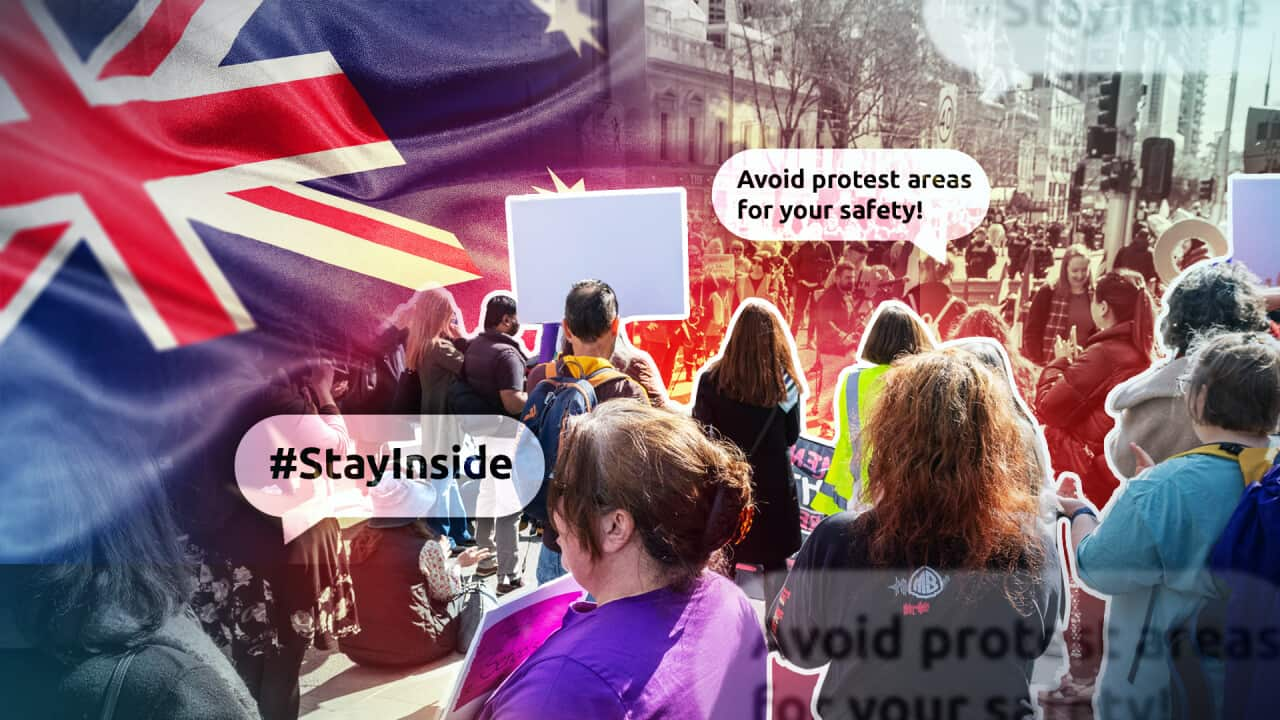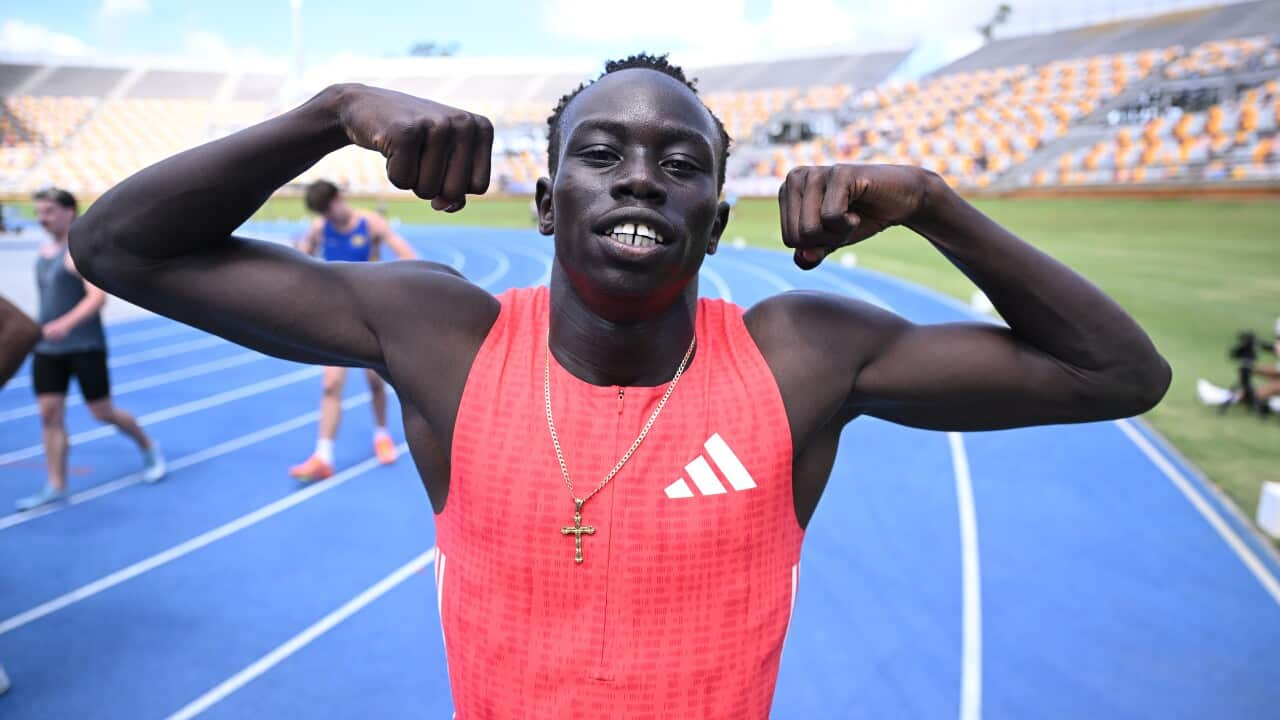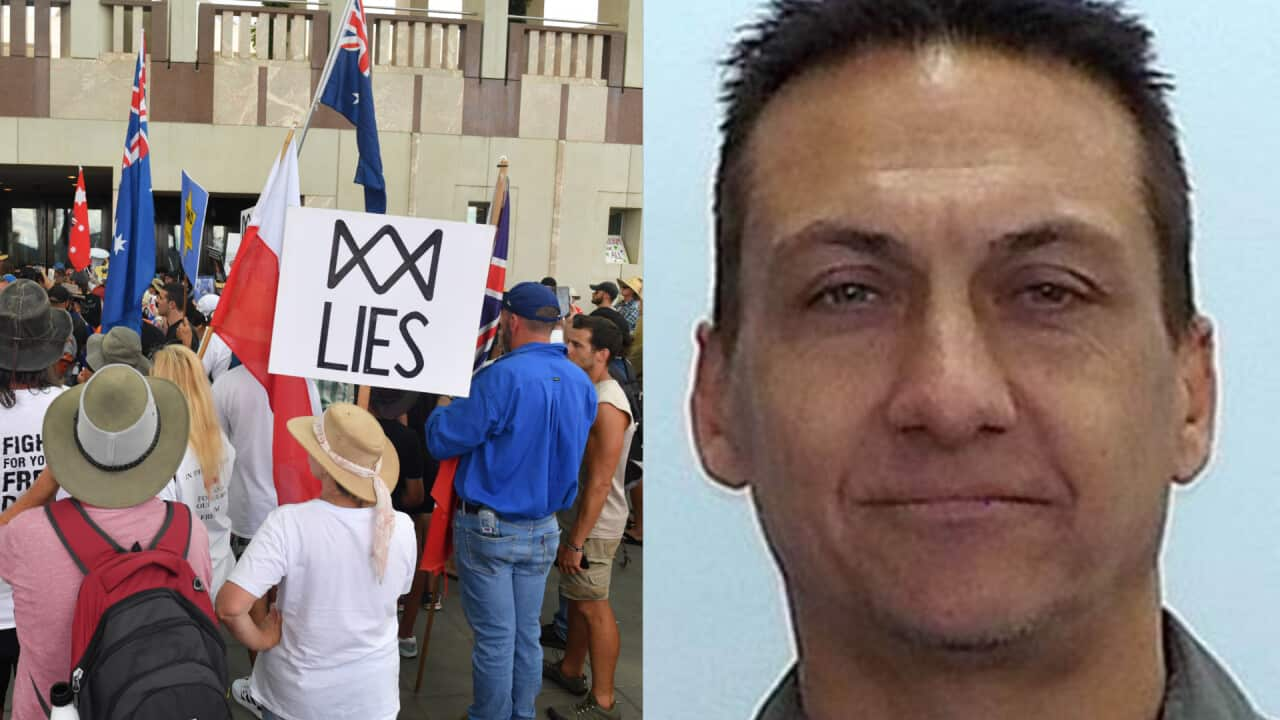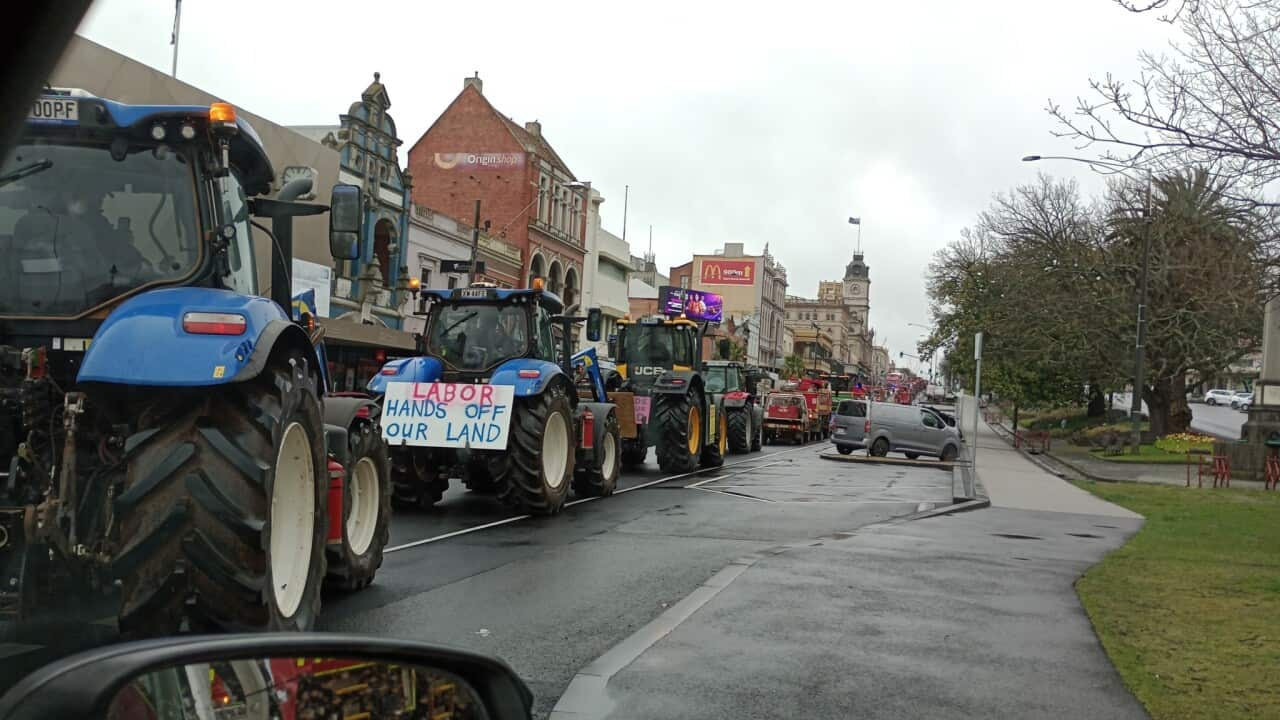Welcome to SBS News In Easy English. I'm Biwa Kwan.
Prime Minister Anthony Albanese says his visit to the ASEAN summit in Laos will be an opportunity to improve Australia's trading relationship with China, and ASEAN as a group of nations.
Speaking from the capital in Laos, Vientiane, Mr Albanese says he will raise security and trade matters during his discussions with leaders.
"My message will be a consistent one, which is that we'll cooperate where we can, we'll disagree where we must, and we'll have some direct discussions about some of the disagreements that are there, but also that it is in our interest to communicate with China, which is our largest trading partner."
Leaders at the annual forum of Southeast Asian nations are expected to discuss the civil war in Myanmar and territorial tensions in the South China Sea.
Laotian Prime Minister Sonexay Siphandone says he is looking forward to productive discussions.
"ASEAN will continue to expand the path towards the ASEAN 2025 Document that will support the build up of the ASEAN Community Vision 2045, in order to build a strong and resilient community for a stronger economy and increase connectivity with each other."
---
The federal government says it will carefully consider the recommendations from a Senate committee examining draft legislation to introduce a cap on international student numbers.
If the legislation is passed by the parliament, a cap of 270,000 would apply from next year.
A Senate committee has recommended changes to the draft legislation.
Some of those changes include: the removal of the ability for the minister to set course-level limits; and the inclusion of exemptions for specific classes of students.
Federal Education Minister Jason Clare says the government wants to reduce migration to pre-pandemic levels.
"It's really important to protect the integrity of our international education system. But it is also important to protect public support for international education. International education is really important. It makes us money as a country. It makes us friends as a country because when people study here and they go home, they take their love for Australia back home with them. But it is also important that we return migration to pre-pandemic levels. And this is one part of doing that."
---
Three scientists have won this year's Nobel Prize in chemistry for their work on proteins, which are the building blocks of life.
The research by Americans David Baker and John Jumper, along with UK scientist Demis Hassabis, holds the potential to transform how new drugs are made.
Meanwhile John Hopfield and Geoffrey Hinton have been awarded the Nobel in physics for discoveries that formed the basis of machine learning and artificial intelligence.
Geoffrey Hinton says he believes AI will bring tremendous benefits, but he also remains cautious of the risks.
"Most of the top researchers I know believe that I will become more intelligent than people. They vary on the time scales. But quite a few good researchers believe that sometime in the next 20 years, AI will become more intelligent than us. And we need to think hard about what happens then."
---
A new survey has found cost-of-living pressures are preventing many Australians from seeking mental health support.
Released to coincide with World Mental Health Day, the data has been collected by mental health service, WayAhead.
The survey of 1000 people found 7 out of 10 people with a lived experience say they could not afford services from a psychiatrist, psychologist or counsellor.
Almost half of all respondents identified the cost-of-living crisis as the biggest barrier to accessing professional mental health support.
Meanwhile, the founder of the Huffington Post, Arianna Huffington, has used an interview on World Mental Health day to highlight the importance of mental wellbeing.
Speaking as part of the LiveLoveLaugh lecture series, she says after experiencing burnout herself, it was really valuable to learn strategies to better deal with stress.
"It goes back to the industrial revolution. We started revering machines and machine software. The goal of machines and machine software is to minimise down time. But a human operating system is different. Down time is a feature, not a bug. So we have to learn that in fact to be most productive, we need to down time, recovery time."
That was SBS News in Easy English. I'm Biwa Kwan.











